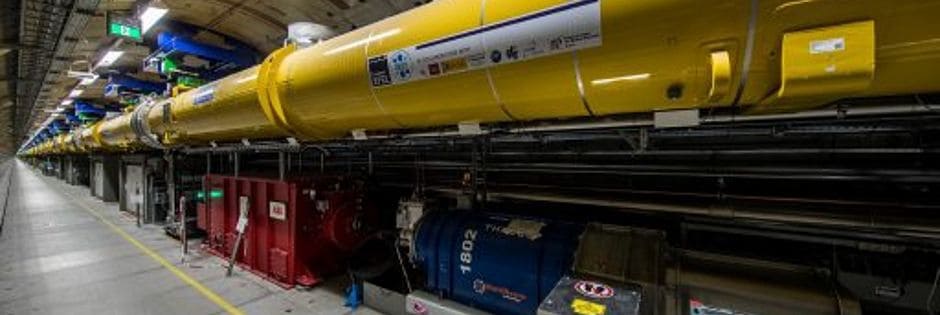The challenge behind Baltic TRAM is that investments in research infrastructures do not reflect a sustainable demand, nor does it sufficiently take into account Smart Specialisation Strategies (economic development through targeted support for research and innovation), or promote effectively enough meaningful interactions between research infrastructures and businesses.
DESY is a national research centre in Germany that operates particle accelerators used to investigate the structure of matter. It conducts a broad spectrum of inter-disciplinary scientific research in three main areas: particle and high energy physics; photon science; and the development, construction and operation of particle accelerators. The research centre today provides services to about 4% commercial users and it hopes to improve its capacities and increase the transfer of research results to the industry to a larger extent.
Collaboration with companies takes different shapes and it often comes down to problem solving operations. The technology offered by DESY can for instance be used to solve problems related to the coating on product surfaces. The coating does in some cases not stick well enough to surfaces due to dirt and there is a need for a rinsing technology to clean the surface so that the coating sticks. DESY is hired to take an x-ray of the surface to show the kind of dirt that is causing the problem.
In another case a Latvian company producing lipstick needed to find out how a lipstick reacts to being heated in a warm car during the summer. In a similar case, where the reaction to heat needed investigation a Swedish steel company was looking to analyse steel pellets to find out how the constitution of the pellets changed when they were exposed to heat. In a third case a wood processing company in Finland wanted to find out about the degrading processes of the surface of woods and the DESY synchrotron x-ray was able to assist.
Using the synchrotron is costly but compared to other methods it is very fast. Additionally, the customer receives expert advice at DESY and a problem solving service that is not otherwise available.
“We are looking to improve the demand from small and medium sized enterprises for this type of service, not only from large companies”, says Uwe Sassenberg. “The interest from companies is today mainly linked to the activity of local project partners, who can inform and attract SMEs to using the x-ray service as provided in cooperation with universities and research infrastructures.”
Together with DESY, regional universities with research facilities and development agencies from Denmark, Estonia, Finland, Germany, Latvia, Lithuania, Poland and Sweden will establish industrial research centres to facilitate innovation uptake by companies. The partners will pilot this type of cooperation in 60 test cases. The cases will be implemented both locally and across the borders.
To increase the incentive from SMEs political support is needed to lower the barriers for SMEs, for instance the cost to use the service. There is also a need to attract venture capital and other intermediary services to make it easier for SMEs to access this kind of research facilities – which the project believes will improve their competitiveness as well as the cooperation between companies and research institutions.
Article based on an interview by Elena Kolosova with Uwe Sassenberg, Baltic TRAM project coordinator, representing the German Lead Partner organisation – DESY – Deutsches Elektronen-Synchrotron.







